As the third edition of Lisbon Design Week kicks off across more than 90 venues today, it’s clear that Portugal’s craft culture is the event’s defining strength. Running until Sunday, the event focuses less on polished brands and sleek product lines, and more on the tactile stories behind each piece and participating project.
While other European creative scenes trade off their industrial manufacturing prowess, a lack of major furniture brands and clearly established career pathways means that many Portuguese designers pay more attention to materials, techniques and connection – to the land, to traditions and to each other. The result is a creative culture of experimentation and learning by doing. For many, this involves stepping away from computer screens and into workshops, where artisans take a hands-on approach to making furniture and objects, exploring traditional and innovative techniques with freedom.

For Portugal-based French designer Noé Duchaufour-Lawrance, this allows him to explore beyond the expectations of his established practice. His “Made in Situ” project – on show at Lisbon Design Week – creates designs using a location’s raw materials and knowhow of local craftspeople. Such work doesn’t allow production at scale but still finds a market as a new generation of interior designers seeks to furnish projects with pieces that reflect a sense of place. The heads of international buyers are also turning as they look to take away a slice of the Iberian peninsula.
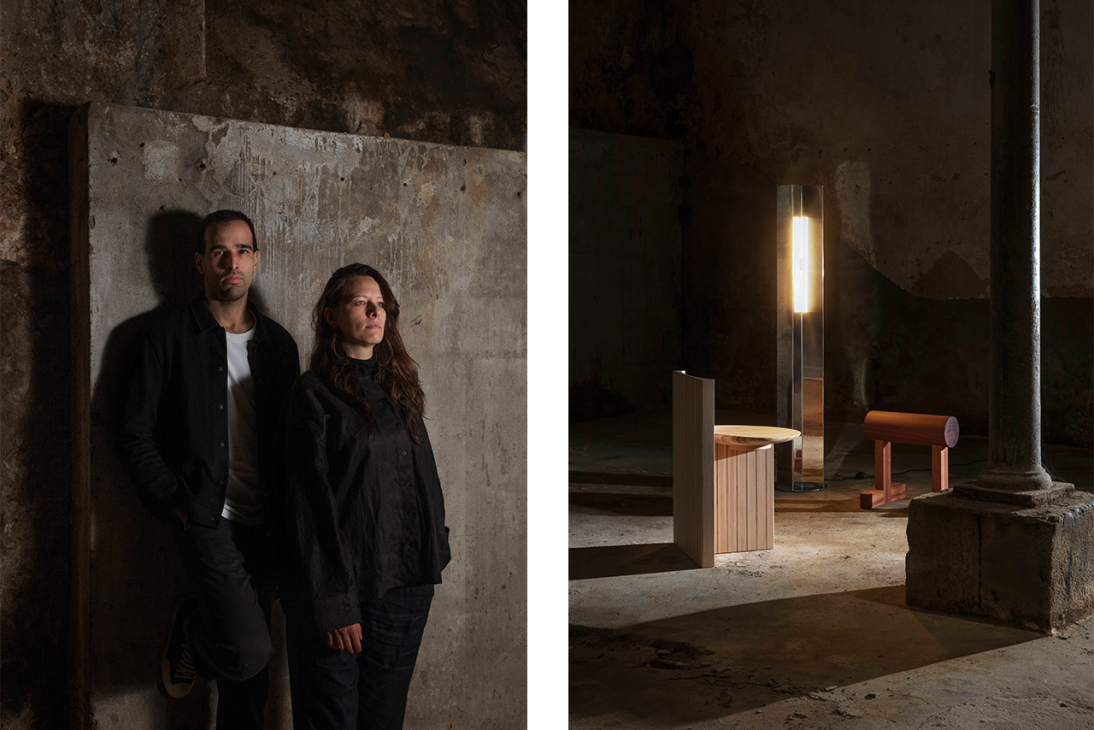
This year’s edition of Lisbon Design Week also encourages collaboration between collectives such as Bora and Luso Collective, the latter founded by Tomás Fernandes and Natasza Grzeskiewicz (pictured above left), and disciplines from wood and glass to ceramics, textiles and metal. Visitors benefit from these exchanges too, with much of the week’s programme unfolding in working ateliers where audiences get to meet people rather than brands. Even in commercial venues, the directive is to host a maker and shine a light on a craft: event attendees will be able to see ceramicists working in the windows of real-estate offices while showrooms stage live tapestry stitching.
Such events are a reminder that, unlike other European design capitals, Lisbon’s design scene is typically more intimate, open and accessible. And while there is still plenty of room for growth and professionalisation, as well as more top-down support, staying close to its craft roots has paid off so far.
Lutz is Monocle’s Lisbon correspondent. For more design news and analysis, subscribe to Monocle today.
Shoppers in Hong Kong have traditionally congregated in the city’s well-stocked central neighbourhoods but many are increasingly venturing a little further out for their retail fix. A 15-minute drive will take them to The Repulse Bay, a new destination in the southern part of Hong Kong Island, which has undergone a remarkable two-year transformation courtesy of The Hongkong and Shanghai Hotels, Limited.
The beachfront property, which brings together residential units and specialist retailers, is on the site of a former colonial-style hotel. From its opening in the 1920s to the early 1980s, The Repulse Bay Hotel was a glittering institution that welcomed glamorous guests including Ernest Hemingway and Marlon Brando. In more recent times, however, it stood largely forgotten. But The Hongkong and Shanghai Hotels has given it a new lease of life and the complex is drawing more visitors to the southern side of the island, thanks to an impressive overhaul of the tenant mix. The group has focused on boutique retailers instead of mainstream luxury brands, turning the site’s shopping arcade into a hub of best-in-class bakers, restaurateurs, florists and fashion designers.
A trip to the bay now comes with the promise of making fresh discoveries. Tapping into an appetite for all things Made in Japan, several businesses from the country have set up shop here, including workwear brand Human Made. Visitors can also pick up rugs and embroidered kaftans at lifestyle shop Inside, jewellery by accessories brand Via de Lourdes and plenty more.
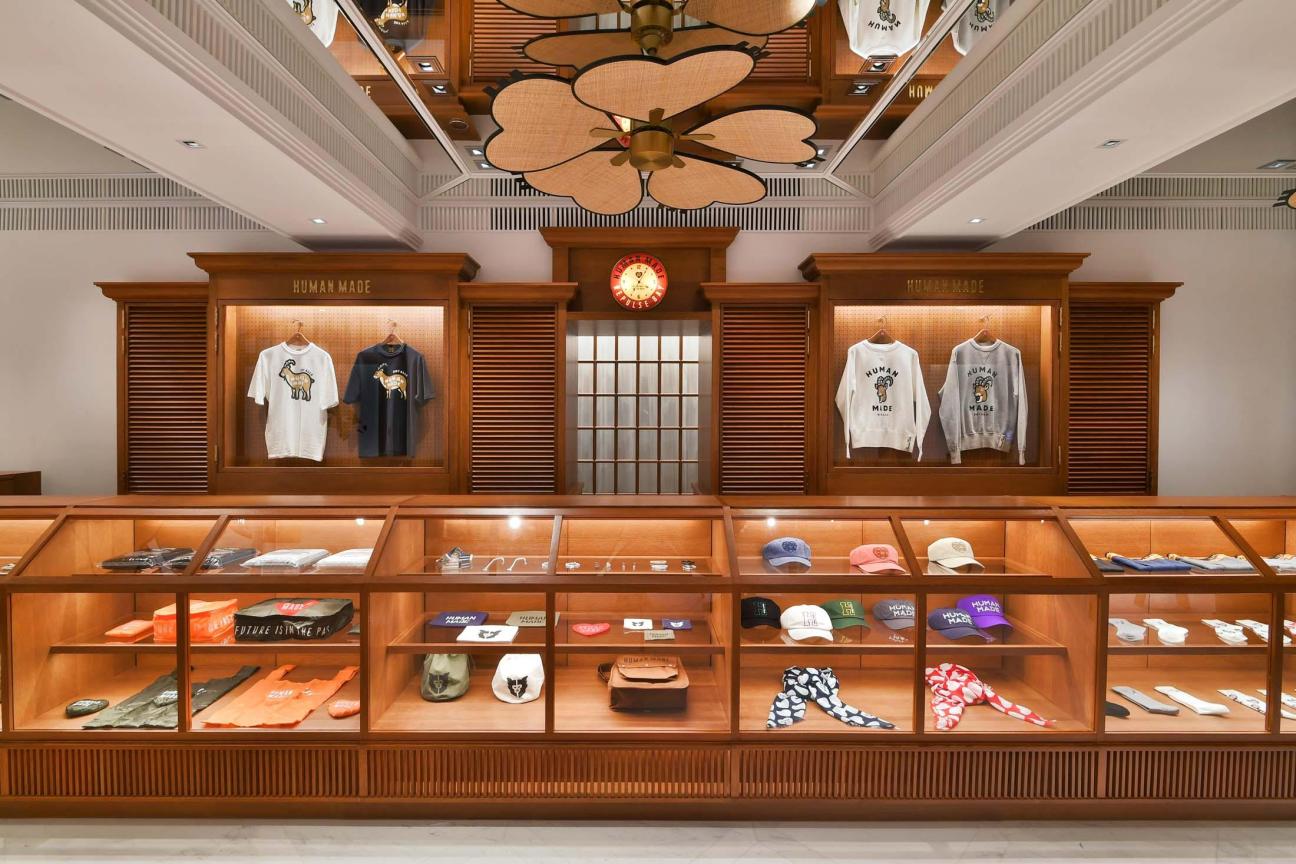
“Many years ago we had brands such as Christian Dior but, right now, we wanted to look at specialists rather than all of the usual shops,” says Olaf Born, who oversaw the transformation as the general manager of The Repulse Bay and Peninsula Clubs and Consultancy Services. Monocle meets him in The Verandah, the restaurant and central landmark of the complex, situated almost precisely where the hotel’s famous live jazz concerts used to take place in the 1930s.

“We also have to take into account the 402 apartments that we have to provide amenities for,” says Born, pointing to the charming residential complex. Here, locals relax on the lawn and families can be seen heading down to the beach in groups. There’s a strong sense of community and the team at The Repulse Bay seeks to nurture it further with monthly cocktail meetings, at which residents are able to share their views on the development of their neighbourhood.
“We looked back at the history of the south side,” says Born. “This used to be The Repulse Bay Hotel, where people would come on holiday and there would always be events happening. Even if we don’t have the hotel, we want to recreate that ambience and make it a destination in Hong Kong again.”
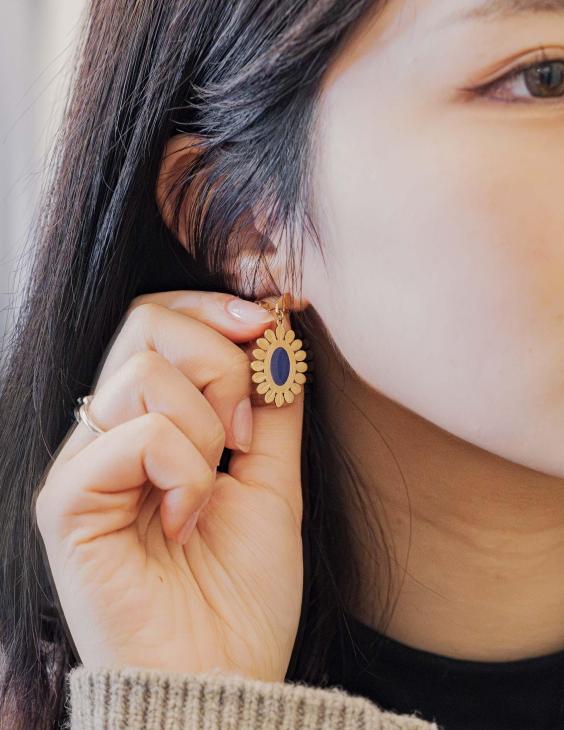


Also joining the neighbourhood are home-grown businesses Caffé Parabolica, Bakeshop Parabolica and florist Blackbird Conservatory, complementing the existing mix of grocers, restaurants and fashion brands. Visitors and residents alike can sip good coffee, pick up Japanese-inspired baked goods and find plants and floral arrangements to brighten up their homes. The bakery and café are already attracting more than 10,000 visitors a month, many of whom come for the popular cream latte and egg sando (a simple sandwich made using thick shokupan bread). The ambition is to double this number by the end of this year.
“We want to assist brands that might not have a presence in Hong Kong, as well as local talent,” says Born. “That makes things very interesting.” The group’s efforts to keep things fresh also involve a series of temporary pop-up shops, collaborations and artist residencies. In December 2024, the shopping arcade hosted a two-day camping-themed event with Japanese brand Visvim. Working with independent businesses aligns with The Repulse Bay’s broader ambition to highlight heritage and great design. Japanese labels, such as Human Made, have proven to be particularly good matches, given their focus on handicraft.
Hong Kong residents often joke about Japan being their second home. Many make trips to the country multiple times a year and there is a long history of cultural exchange dating back to the early 20th century. That’s why bringing Japanese touches to The Repulse Bay is a smart move – and it’s paying off.
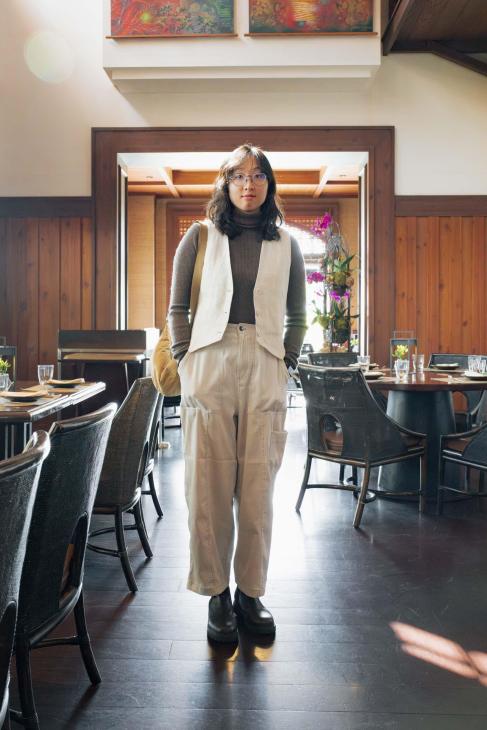

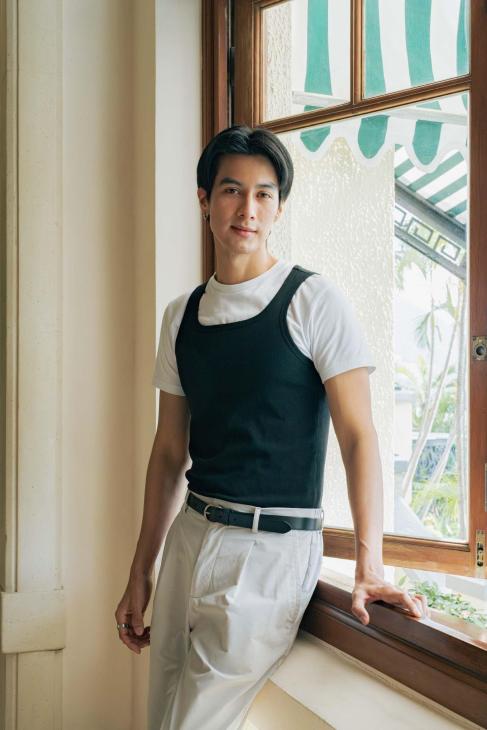
“We have certainly seen a much younger crowd coming from central Hong Kong, not just the south side,” says Born. “We have a lot of younger people using the terrace at [pan-Asian restaurant and bar] Spices. Residents are becoming regulars now too.” It’s a welcome sea change. With new ventures in the pipeline, including markets and brand-specific events, Born is confident that The Repulse Bay can help to re-establish the area as a buzzing Hong Kong destination.
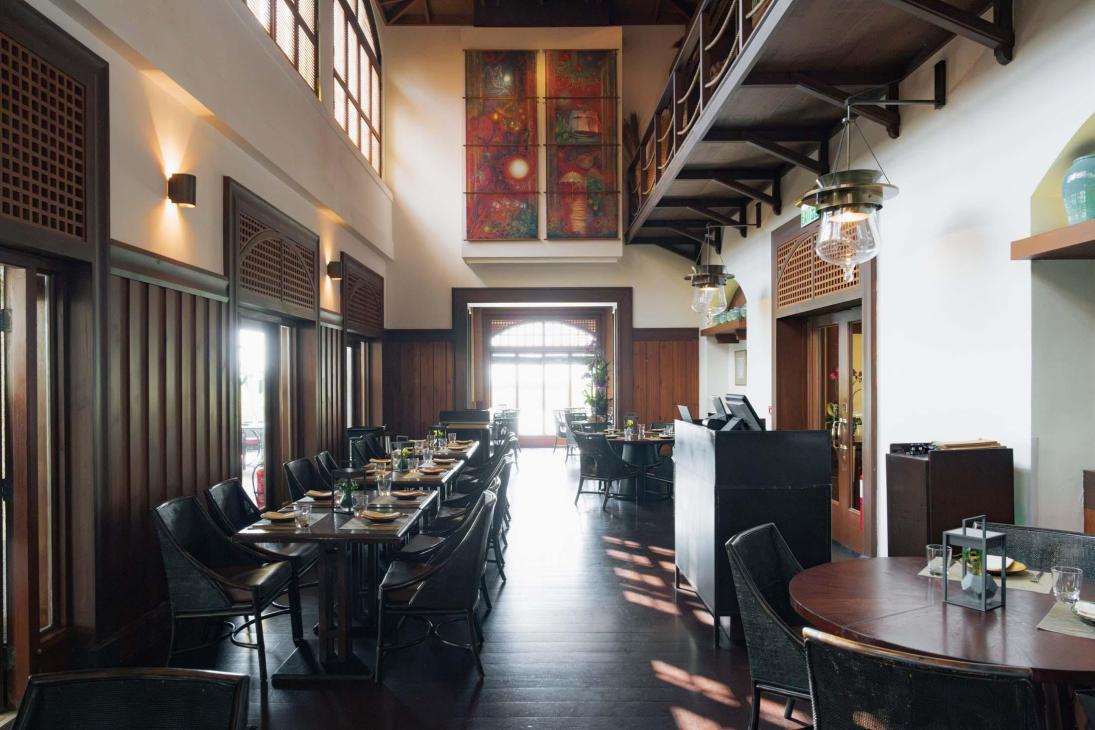
His ambitions run far and wide, encompassing everything from orchestrating the return of tea dances at The Verandah restaurant to opening an archive room that could tell the story of the illustrious development. “There’s a huge history here and we want to find a way of displaying it for future generations, as well as today’s younger people,” he says. Resonant historical references can be found throughout the arcade; in the courtyard, roses are currently being planted to pay homage to the flowers that once encircled the gardens of the hotel. Downstairs, Human Made uses bellboy trolleys as clothing racks. These are filled with vintage-inspired workwear, including chino trousers and elegant bowling shirts. Around the corner is Human Made’s food shop, Curry Up, which is its first international outpost.
“We have seen more brands reaching out to us that wouldn’t have done so in the past,” says Born. “We hope to be a springboard for upcoming designers who might then move to a more central spot for a bigger space. We understand that they’ll outgrow us but that’s fine because it keeps us fresh and gives us space for new tenants.”
Though the transformation is expected to be completed this year, there will always be room to experiment with retail concepts, introduce new names and encourage locals to visit the south side more frequently. “It’s a collaboration between ourselves, the brands and the community,” says Born. “We have beautiful surroundings, a true boutique feel and a few of the very best things.”hshgroup.com



